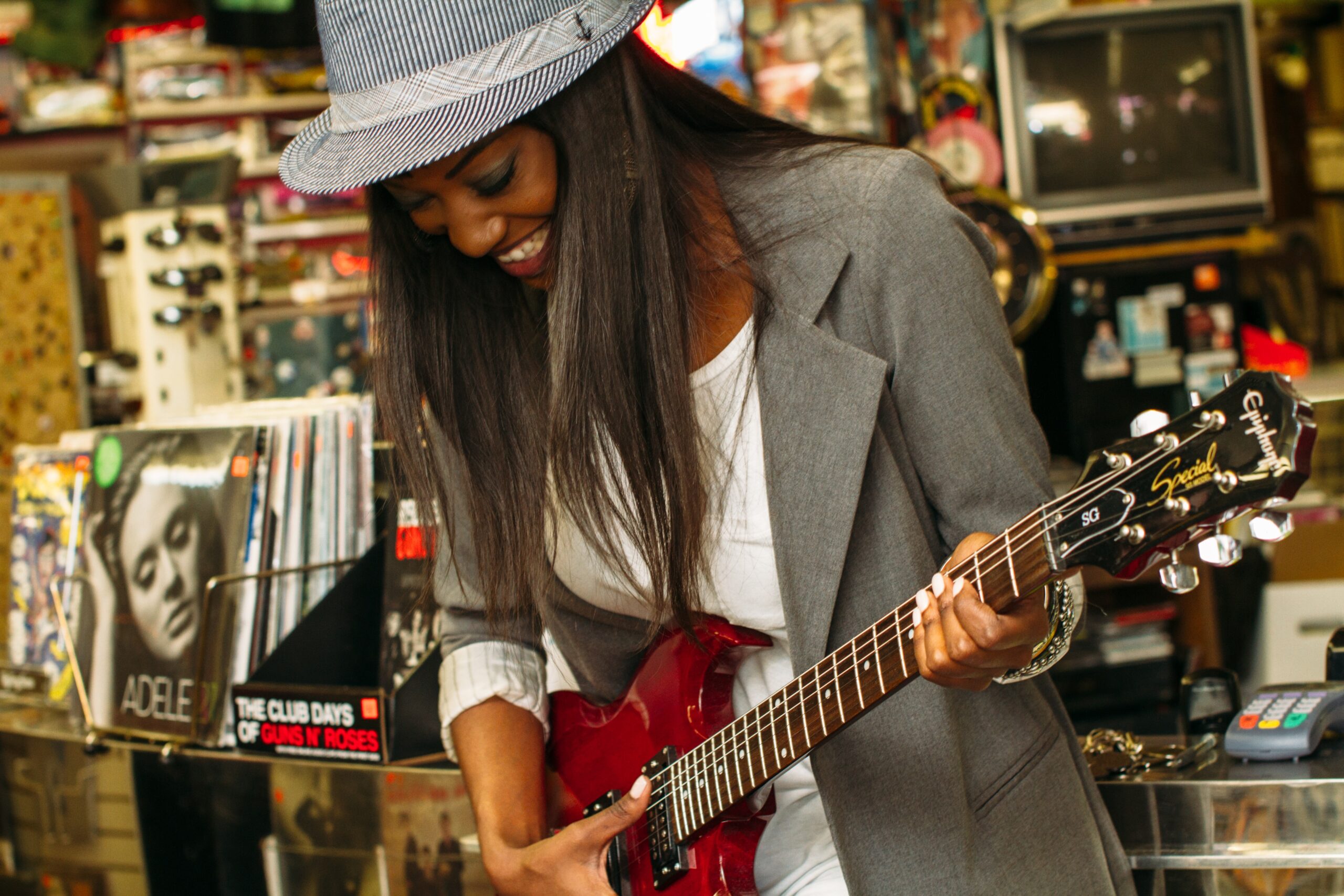Slow Knowing Deep Learning
for Health-Justice
Lesson 6: Using Analysis in Practice (Praxis)
Live zoom session https://us02web.zoom.us/j/86419703983
3.30pm – 5pm UK time Meeting ID: 864 1970 3983 Passcode: 113544
Activity One
Praxis
Praxis is the process of linking what we want to do, with what we in fact do. In other words, it helps us align theory and practice. As community development worker Margaret Ledwith quotes ‘it guards against thoughtless action and actionless thought’.
Praxis stops us rushing into something foolish, and it stops us from endlessly pontificating and never taking action. Hopefully it means our intent matches our impact.
This graphic illustrates how I imagine relevant processes fitting together.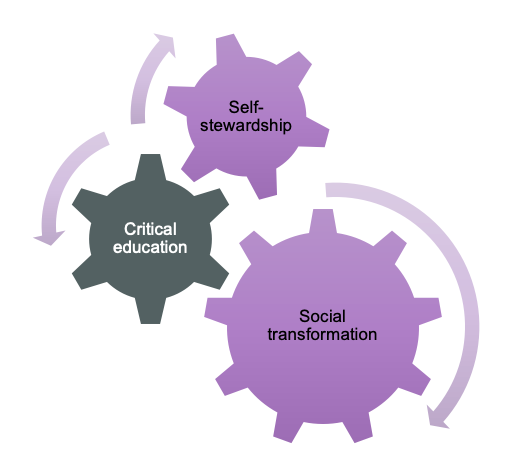
Activity Two
Noticing Thin Privilege
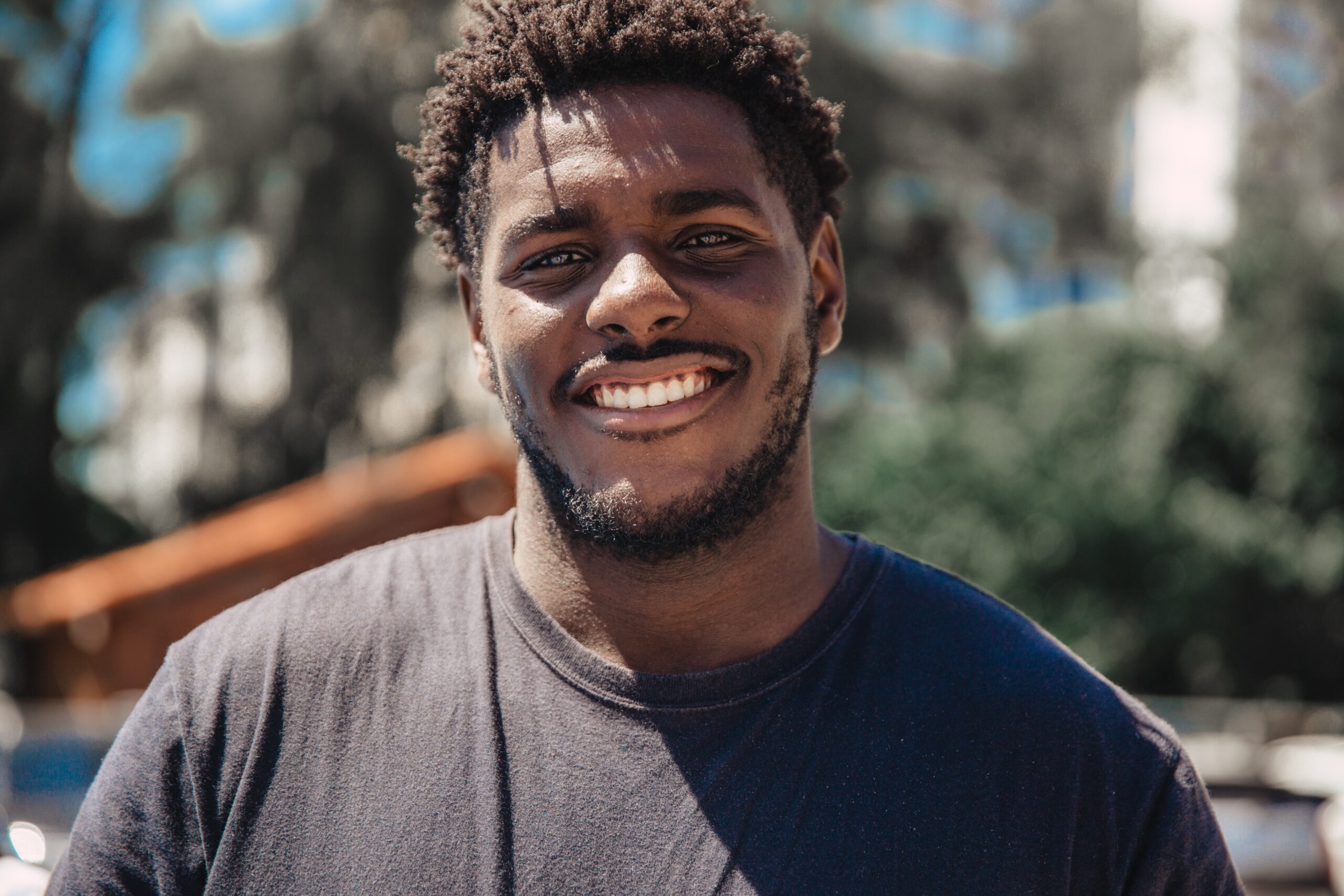
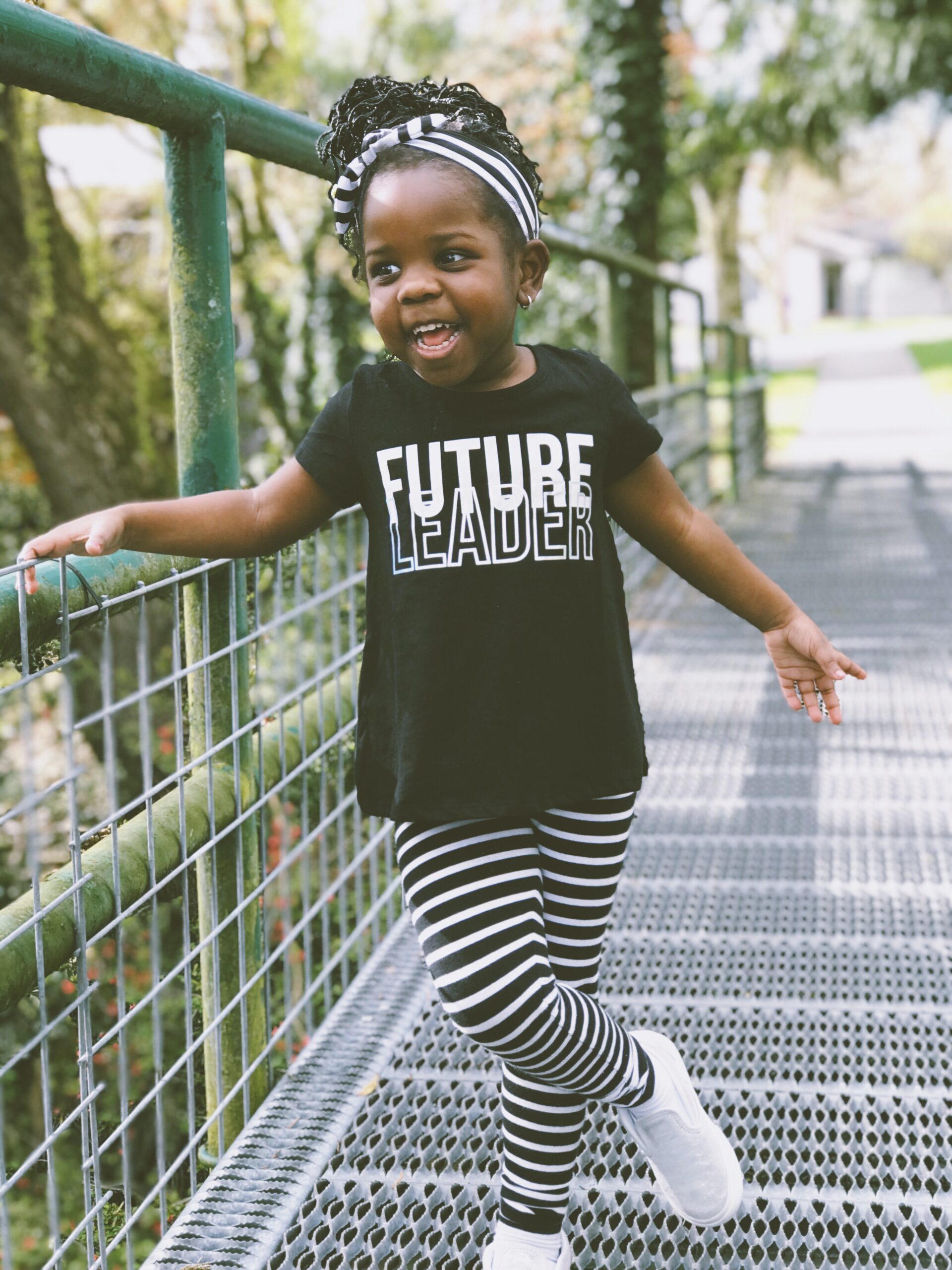
Activity Three
Replacing the Binary
White supremacy needs us to buy in to binary thinking in order to exist.
Activity: Do you have practices (to share) that help you spot binary thinking and replace it? You might be doing this without having theorised that’s what you’re doing.
Here’s some that I use:
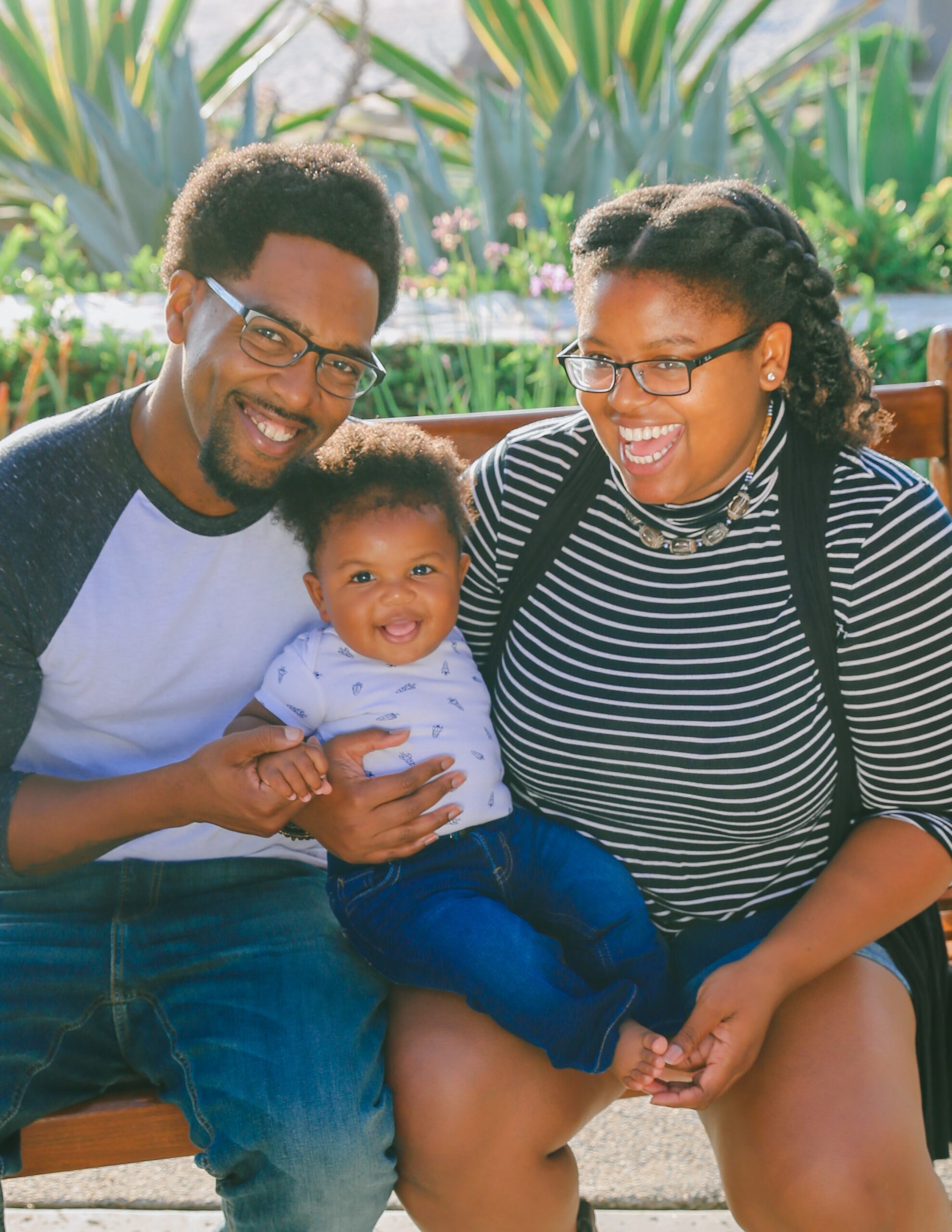
Activity Four
Interrupting Fat Bias
Dealing with put downs when no-one else speaks up
What about at the doctors? What do you think of these, a doctor’s letter and summary statements?
How can white, thin, people interrupt stigma with family and friends ?
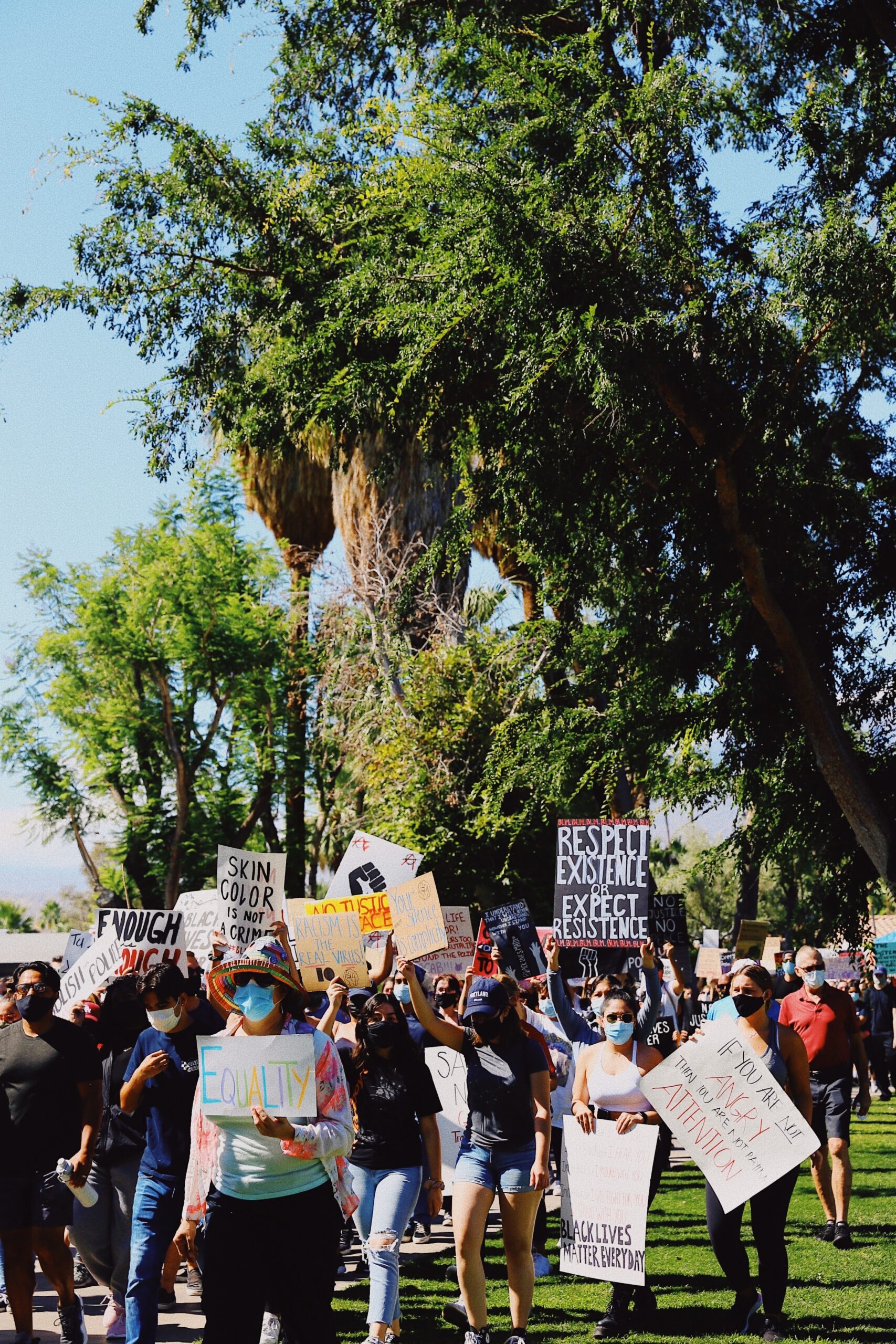
Activity Five
Linking Praxis and Undoing Binary Thinking
The “ABCD” list reflects my ongoing project of training myself to relate to the world through inter-connectedness, or unified thinking, instead of the standard Anglo binary way of thinking.
Using praxis I came up with the 5 simple practices that support this. One I often use with clients struggling with eating is to add a third example.
Another is avoiding the terms positive and negative and searching for a description instead, like beneficial or detrimental. Or I talk about emotions being more welcome or painful. I find that people are often keen to have the deep theory surfaced and linked to their struggle with eating.
A third practice is to use ‘non’ carefully. That’s because it sets up a binary.
Here’s a real-life example of how this ‘binary trap’ of ‘non’ kept me from developing my thinking and scholarship.
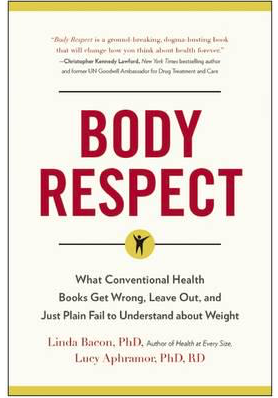 As a dietitian I knew of two main approaches, diet and non-diet. Within this framing, my work isn’t diet therefore it must be non-diet, which is sort of synonymous with ‘health at every size’ or HAES. I situated my work here for a long time and grappled with the flaws in the HAES paradigm. I even wrote a book, Body Respect, with a HAES leader (Lindo Bacon) where I imported lots of Well Now theories as if they were standard HAES ideas.
As a dietitian I knew of two main approaches, diet and non-diet. Within this framing, my work isn’t diet therefore it must be non-diet, which is sort of synonymous with ‘health at every size’ or HAES. I situated my work here for a long time and grappled with the flaws in the HAES paradigm. I even wrote a book, Body Respect, with a HAES leader (Lindo Bacon) where I imported lots of Well Now theories as if they were standard HAES ideas.
There were some theoretical gremlins to navigate as a result, which we smoothed out with omissions and re-definitions of HAES. These discrepancies between HAES and Well Now were nothing new, but I still didn’t realise their full significance.
But that niggling feeling of something not adding grew. I was definitely missing something – but what was it?! To get clarity, I disengaged from HAES. Taking space worked! It helped me identify the deep roots of the problem – I was accepting the binary of diet and non-diet as a reality. But it’s not, it’s a construct. Once I’d grasped this I could replace the binary with plurality, and I positioned my work in a third category, health-justice.
That felt better. And/because things now made more sense. Drawing this distinction between Well Now and HAES really helped free up my thinking. That’s the power of praxis!
One final practice to share that can help uncover binary thinking is to listen out for judgement in self-talk. This means words like should, have to, must, ought. When you notice them, can you rephrase what you were thinking to lose the judgement? And erm, if you notice that you judge yourself for thinking them in the first place, that’s something else to be curious and tender about!
Acceptance goes a long way to loosen the grip of judgement. We can replace the word fear in the image below with any other difficult emotion, like shame, self-righteousness, guilt. This is a route to sitting (companionably?) with all aspects of ourselves instead of trying to chase some parts away.
Maybe we can forgive ourselves everything.
Then what happens?
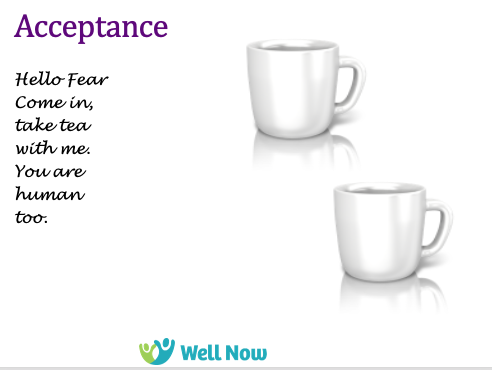
Activity Six
Deep Learning
As I’ve said before, real, deep, learning has always been a letting go for me. It’s a process of “becoming” (healed? whole? aligned?) that often involves unbelonging and new belongings.
It helps if I can remember to take myself lightly and the work seriously.
Levity and gravity.
Activity: What’s your experience of deep learning?
What three factors support you in this?
It might be useful to revisit the aims you had for this learning, as invited in lesson 1.
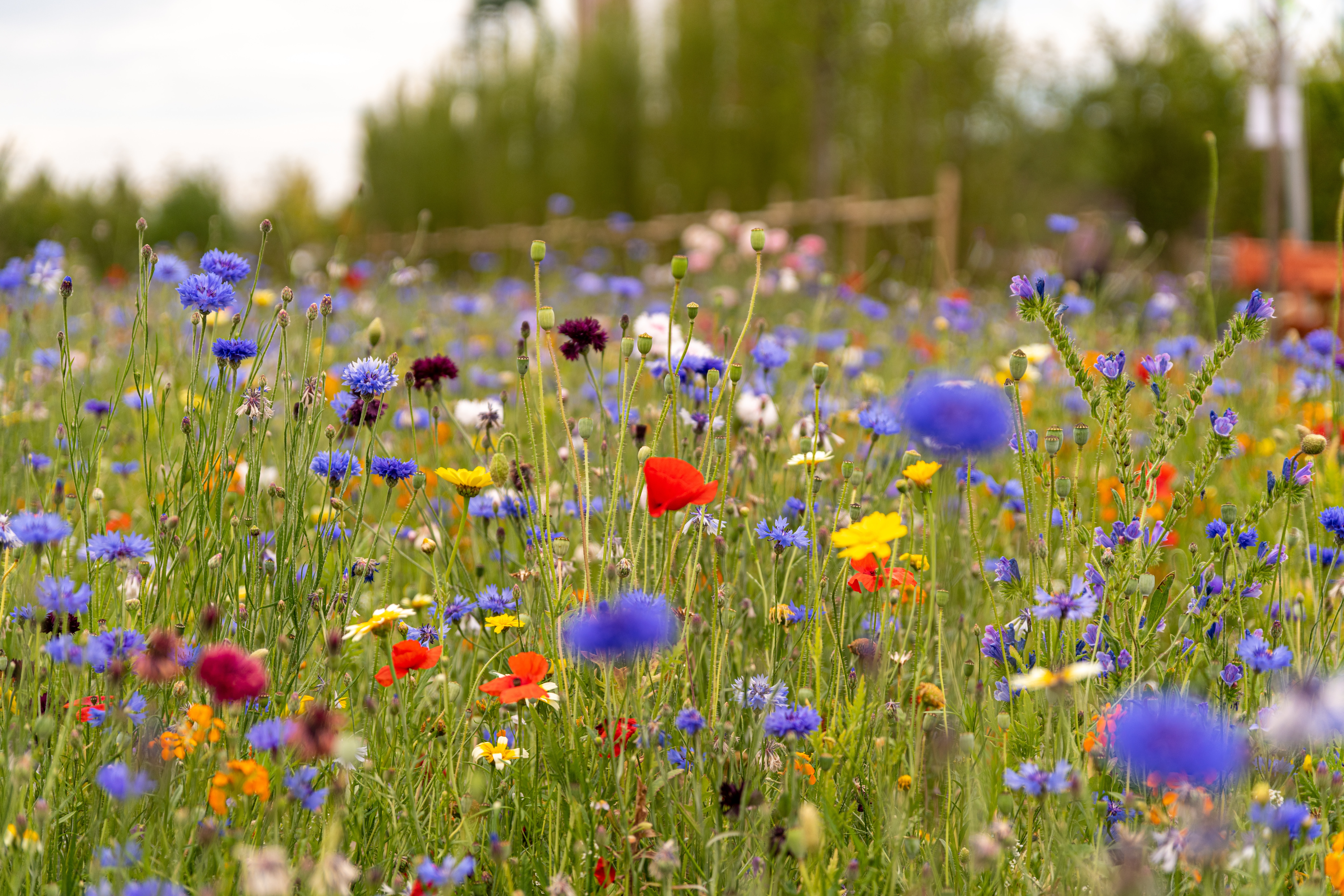
Activity Seven
Noticing and Interrupting Privilege and Bias
“This is not female privilege, this is survival of the prettiest” say the poet. How far do you dis/agree?
Activity: Can you come up with ideas for interrupting fat bias, classism, or racism? It would be good to share these in the chat when we meet.
Being a Good Bystander
Here’s a short video on being an active bystander in the context of ending violence against women.
Activity Eight
Resources
Heaps of links here for dismantling racism
Understanding Hurt and Why I’m Committed to causing Offence ‘Hurt’ can mean ego discomfort and oppression from injury. It’s a useful distinction for making sense of what’s going on at a deep level.
Decolonising Science reading list
For the Wild Podcast with Indian subsistence feminist Vandana Shiva that exemplifies praxis. She links colonialism, neoliberalism, tech industry, food justice, conditions for health etc etc
